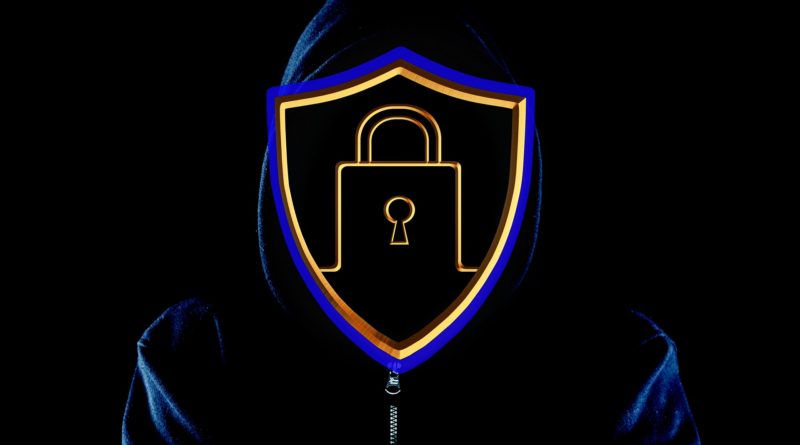The Ethical Hacker Who Shuts Down Scams Targeting The Vulnerable
You’ve probably gotten the calls and emails before. Maybe it was from “Microsoft” claiming that your operating system has experienced a critical failure and you may lose all of your documents if you don’t pay up. Maybe it was “the IRS” claiming that you owe taxes and will be fined and prosecuted if you don’t send over some bitcoin. Maybe it was a job listing claiming all you had to do for this new “job” was deposit their definitely totally “real” checks and then send them some of your own money in return. Maybe you saw an ad on a website claiming that your computer has a virus and if you don’t call now your hard drive will be erased entirely. The list of scams out there is long. But everyone can spot them from a mile away, right?
Well, they’re actually designed to work exactly like that. They’re intentionally somewhat obvious so as to filter out all but the most vulnerable. They don’t want to waste their time on people who won’t fall for their scam. Digital scam artists tend to include spelling mistakes in emails and on web ads, and use broad technobabble like “your IP address is infected” or “your operating system is compromised” or “your windows is corrupted.” Something that would never cause anyone with even a little bit of computer sense to pay any attention to it. This means that only the most vulnerable are going to fall for the initial stage of the scam, and therefore be more likely to fall for the part where their money and information is stolen. It also means that the scammers won’t have to spend their time fielding email replies and phone calls from people who are unlikely to fall for the final phase of the scam.
Of course, there are those who are well versed in computers who knowingly go through some of the stages of the scam either out of curiosity or in order to waste the scammers’ time or call them out. And then there are those who are hackers themselves, using their skills and abilities for good, working to take down and expose these scammers once and for all.
And that’s exactly what Jim Browning (not his real name but his primary alias) is all about. Over the years he has exposed several of these sorts of scams to his large audience on Youtube. In a recent series, he even managed to hack into the scamming office’s own security cameras and VoIP software to get both video and audio from inside their operation. He then called them pretending to have fallen for the scam, with them unaware that he can see and hear everything they’re doing on their end. He even mapped the CCTV footage of people walking around to discover that, although the main building does seem to host a genuine travel agency, the scamming is all done in another building across the alleyway, giving them the perfect cover if they were ever to be raided. Or it would have if Browning didn’t figure all of this out thousands of miles from their Delhi operations from his home in the UK with only the use of a few computers.
While interfering with another group of scammers Jim Browning was able to gain access to their database of information and turn it over to the authorities. On occasion, Jim was even able to interfere with scams in progress, calling the victims mid scam, alerting them to the scam, and having them turn off their computers. He even tends to turn over his information to the police, although the police have a difficult time with these crimes since it’s often difficult to link the victims to the accused, not in the least because the victims are often in other countries. Because of this, Jim teamed up with Panorama, a documentary series on the BBC, to use their resources to actually go to Delhi and confront the scammers.
It’s unclear how many scams Jim and those like him have stopped. We have no idea how much of their time they have collectively occupied. We don’t know how many scams they have directly stopped, and how many operations they have shut down. What we do know is that Jim Browning and those like him are using their skills and know-how to interfere with and stop scams that inherently target the vulnerable. Some of the victims voices from phone calls that Jim was able to intercept are heartbreaking. From a legally blind woman with MS, to a man with depression who starts crying once it is revealed how much his card will be charged. It’s difficult to understand how these people can feel okay after scamming millions from the most vulnerable, but, with any luck, the legal consequences will catch up to them soon, especially with ethical hackers on the case
